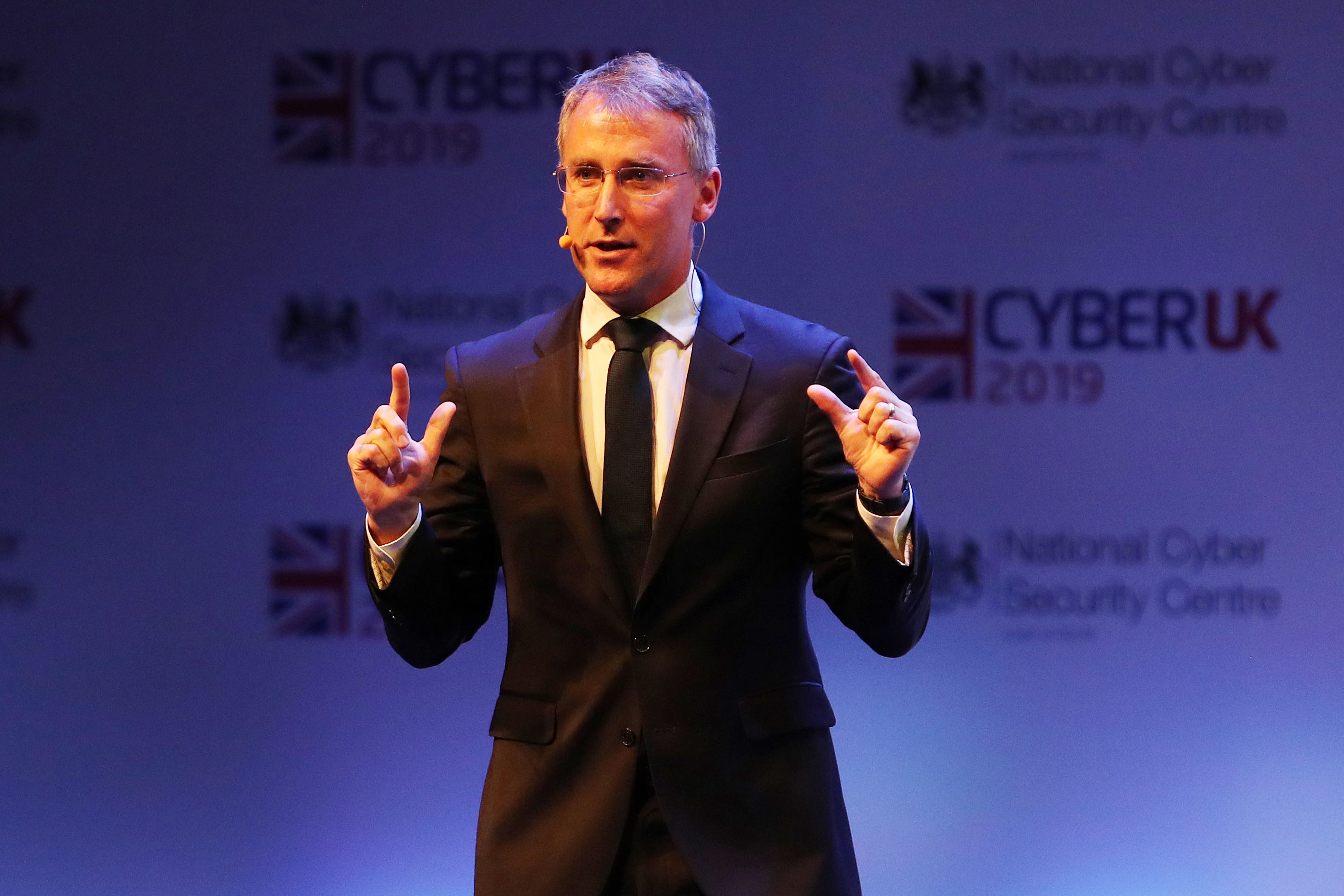IT outage ‘likely’ to occur again unless government and industry work together
Professor Ciaran Martin, the former chief executive of the NCSC, said countries would ‘have to learn to cope’ with future flaws.

Your support helps us to tell the story
From reproductive rights to climate change to Big Tech, The Independent is on the ground when the story is developing. Whether it's investigating the financials of Elon Musk's pro-Trump PAC or producing our latest documentary, 'The A Word', which shines a light on the American women fighting for reproductive rights, we know how important it is to parse out the facts from the messaging.
At such a critical moment in US history, we need reporters on the ground. Your donation allows us to keep sending journalists to speak to both sides of the story.
The Independent is trusted by Americans across the entire political spectrum. And unlike many other quality news outlets, we choose not to lock Americans out of our reporting and analysis with paywalls. We believe quality journalism should be available to everyone, paid for by those who can afford it.
Your support makes all the difference.A global IT outage is “likely” to occur again unless governments and industry work together to “design out” technological flaws, a leading cyber expert has said.
Professor Ciaran Martin, the former chief executive of the National Cyber Security Centre (NCSC), said “the worst” of the global IT outage was over but countries would “have to learn to cope” with future flaws.
The founding chief executive of the NCSC told Sky News: “The worst of this is over because the nature of the crisis was such that it went very badly wrong, very quickly. It was spotted quite quickly and, essentially, it was turned off.”
Prof Martin added: “Until governments and the industry get together and work out how to design out some of these flaws, I’m afraid we are likely to see more of these again.
“Within countries like the UK and elsewhere in Europe, you can try and build up that national resilience to cope with this. But ultimately, a lot of this is going to be determined in the US.
“If there’s going to be regulation to try and iron out these flaws, it’ll probably have to come from the US and there’s not a great deal that we can do about that.
“So unless and until the structure of the way we do tech changes, we’re going to have to learn to cope with these things, rather than eliminate them.”
Until governments and the industry get together and work out how to design out some of these flaws, I’m afraid we are likely to see more of these again
Computer scientist Sir Nigel Shadbolt said people should draw similar lessons from the IT outage as they did from the pandemic.
Sir Nigel told the BBC Radio 4 Today programme: “Often these issues are left (to) technological elites.
“This impacts everyone and we need to understand how those effects ripple through society and think about how we all make ourselves more resilient.”
He added: “The resilience in general of these systems is something very special. We depend on these systems and by and large they are working to very high levels of quality.
“But when they do go wrong, and it’s like a pandemic, literally we should draw similar lessons, what lessons do we draw?
“As individuals, what should we be thinking? We should be thinking about a degree of resilience in our own lives. We should think about having perhaps multiple systems, not depending just on one.”
Technology researcher Dr Stephanie Hare said the IT outage was a “wake-up call” and “should never have been allowed to happen”.
Dr Hare told BBC Breakfast: “I think it’s a process error.
“This should never have been allowed to happen because you should be testing your software updates and making sure that everything is fine before you roll them out – particularly rolling them out worldwide.
“So I think what we’ve all had here is a really big wake-up call about how lacking in resilience our IT systems are.”
Dr Hare added: “Anyone who has been working in IT, and particularly in cybersecurity, has known this for years.
“We underinvest, and hopefully this is going to make people maybe stop talking about generative AI so much and actually start working on cybersecurity again.”